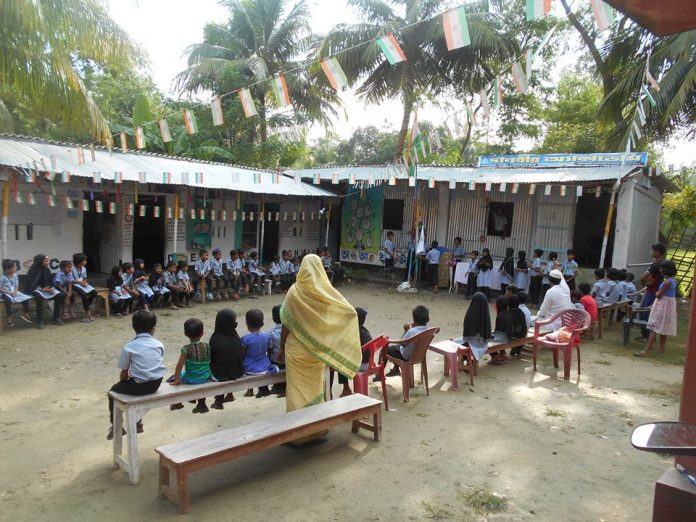By Mirza Mosaraf Hossain, TwoCircles.net
Adversities can often bring out the best, or the worst, in us. Is your need greater than someone else’s and if yes, are you ready to get what you need at the cost of pain for the other person? It was a question that Saidul Islam, now 50, faced in mid-2006 and his answer on that day and actions ever since are a great example which prove that no matter how tough the situation is, you can always do something greater than caring for your own good.
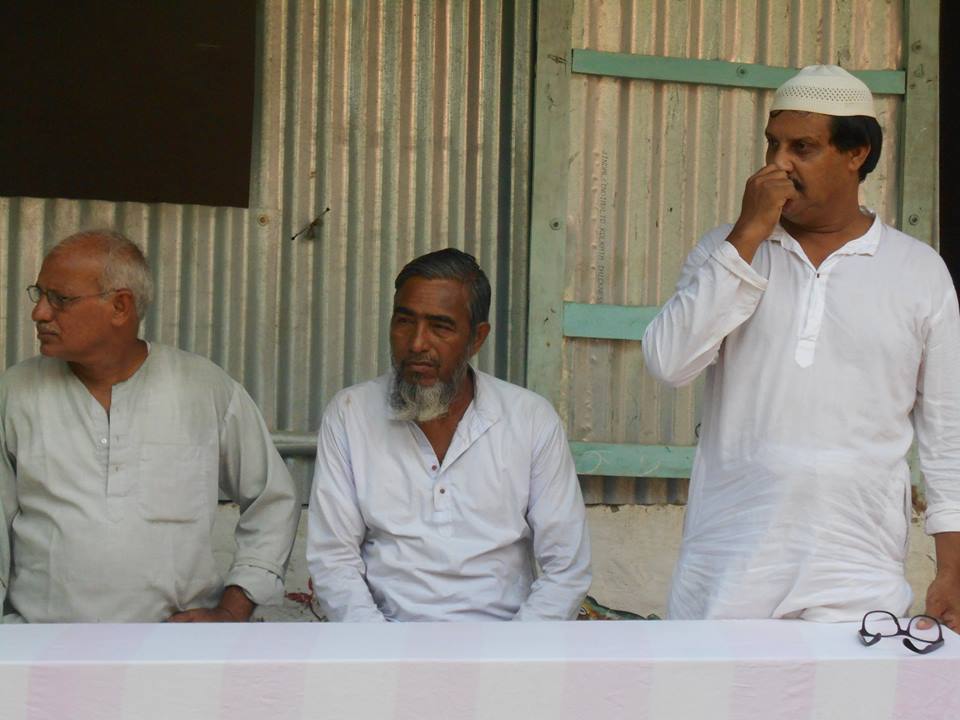
Until April 2006, Saidul was a small-time businessman with a family of four living in Ulluberia, Howrah. Although small, the business ensured a relatively comfortable life for the family, which was a huge improvement for Saidul. He had grown up in Howrah, West Bengal in an extremely poor family and had been forced to get out of school at an early age to find work and support his family. But now, after all those years, he had a stable income. All this changed in Arpil 2006, when political clashes resulted in his shop being completely burned down. Given that it was a small set-up, he had no insurance and overnight, his entire life’s efforts were gutted down in flames. With no other source of income, his family’s financial condition soon became dire: he approached a bank for a loan so that he could start the shop again, but the bank flatly refused and in June 2006, Saidul, now struggling for every penny.
Desperate times call for desperate measures, and it was no different for Saidul. “I decided to sell one of my kidneys after noticing an ad for a kidney in a newspaper to overcome the debt,” recalls Saidul in a conversation with TwoCircles.net.
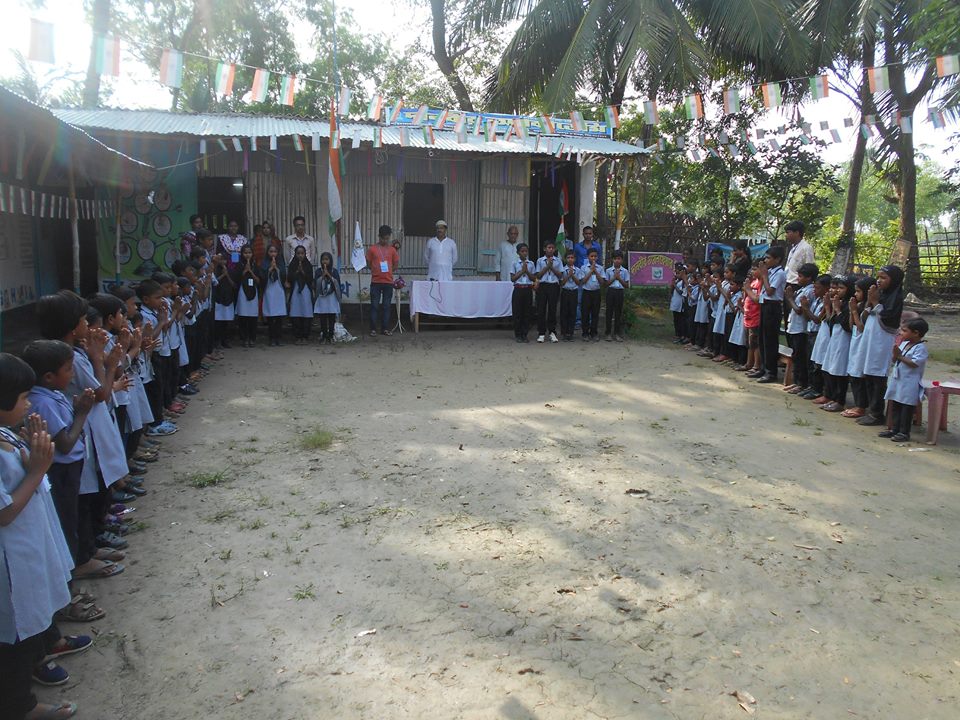
“I was assured that I would be paid Rs 80,000 for this transplant. Given our financial condition at that time, Rs 80,000 was a huge amount; enough to sell a kidney for,” he adds.
But even in his darkest hour of need, Saidul could not forget the fact that there is always someone who is in need more than you. “When I saw his (the person about to get the kidney in return for money) economic condition, I just could not convince myself to take the money,” he says. So, despite no income, a large debt and the chance that his life might never be the same again, Saidul went on to donate his kidney. For free.
Even in a time when social media was at its nascent stage, this news soon become viral and was picked up by various local newspapers and TV channels. Soon, Saidul’s act of generosity got him a number of awards, gifts and prizes by citizens from the city. Some also helped him financially, although it was not even close to the Rs 80,000 that he would have got had he taken money for his kidney. “Our financial condition did not improve with the awards and gifts, but yes, we were able to get by in one way or the other,” Saidul adds.
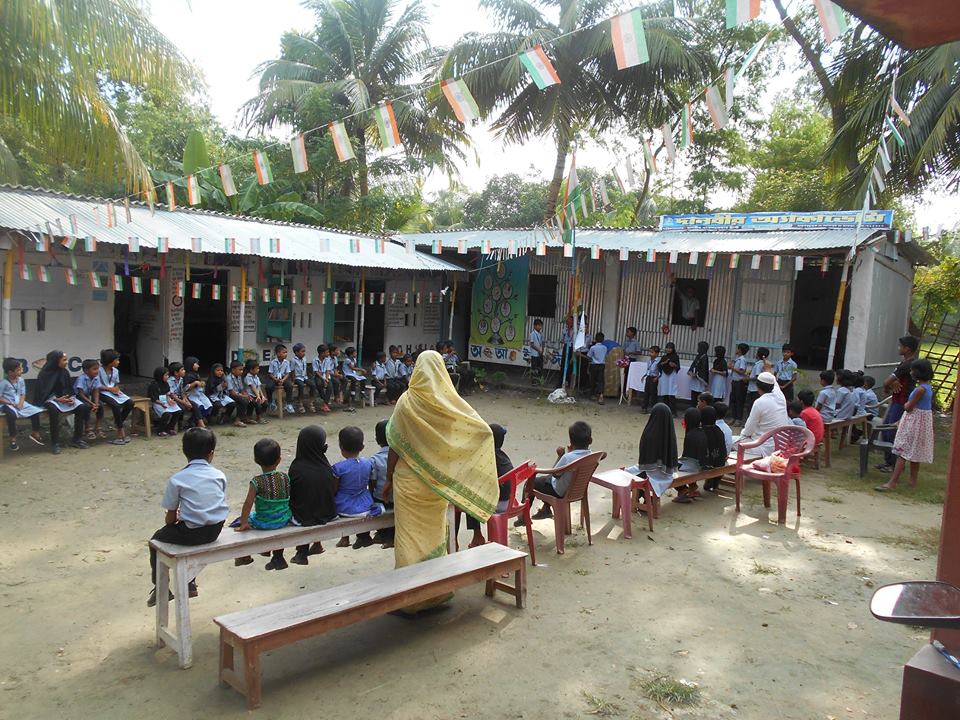
The benefactor, Shymal Singh, unfortunately passed away after a few years in an accident, but his wife Chaya Singh and daughter Tina Singh are unlikely to ever forget the act of Saidul. “We pray to a God whom we have never seen but for us, Saidul is an embodiment of God who came to help the poor when they were the most in need,” said Chaya Singh when TwoCircles.net contacted her.
Nearly 18 months after this life-changing incident, the then Communist Party of India (Marxist) government, as a mark of recognising Saidul’s bravery, gave him a government job at the State Sports Ministry. By 2008, Saidul had found a stable income after nearly two years of uncertainty. So of course, the first thing in his mind was to once again help the marginalised in a meaningful manner: “I realised that education is like a stream which allows the marginalised communities to join the mainstream. I had a stable job which could take care of my family, so in mid-2008, I started a scrap business near my house and would work on it after my office hours. The aim was to use the income from this business to build a fund that would help me set up a school in my area for the poorest kids in my locality,” he adds. For the next five years, he continued working on his dream, and finally in early 2014, his dream turned into a reality. “I had saved Rs 1 lakh, and took a loan of Rs 1.5 lakh from a bank to set up Danbir Academy. I had been conferred the title of ‘Danbir’ by the then Sports and Youth minister Subhas Chakrabarty,” he says with a smile. “ I hadn’t got a chance to complete my Madhyamik examination due to poverty. But now because of this school, I can live my dream by helping these students climb the ladder of education,” he adds.
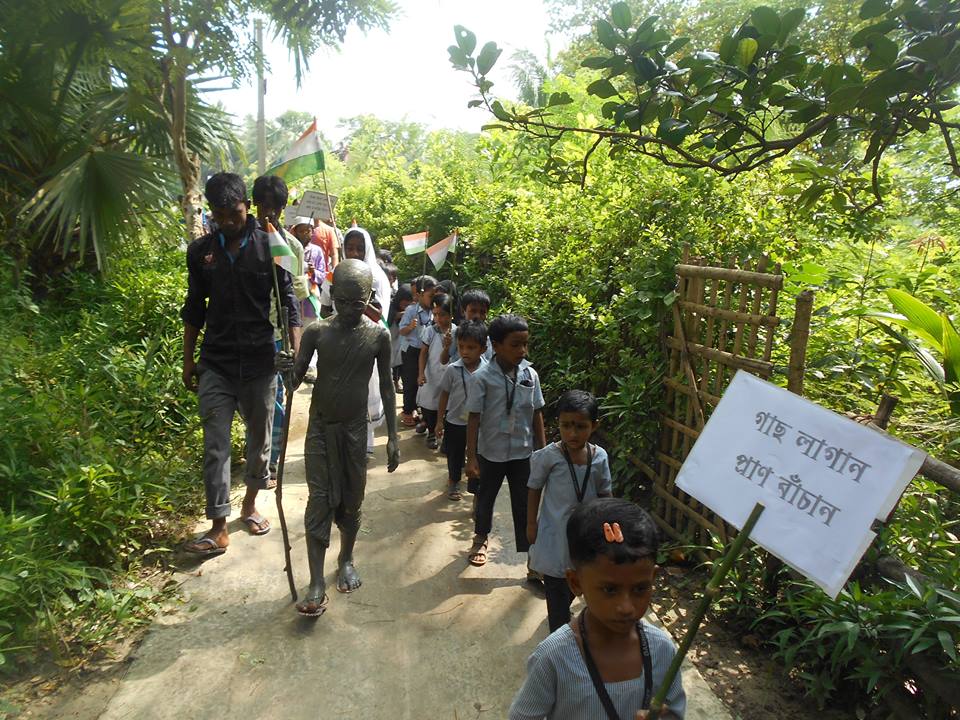
Now into its third year of operation, the school has about 150 students from Class 1 to 8. The school, which is run from the top floor of a building, has 8 rooms, 8 teachers and about 10% of the students also stay in the small school campus and are mostly students from different districts of West Bengal. Suman Mirza, a student of class seven from Birbhum’s Shankbaha village, when asked about the scope and financial support from the school, replied, “My parents could not afford all the expenditures of my study. So one of my cousins brought me here to study. We are thankful to Saidul da that he lets me study here even though my cousin cannot always pay the full fees of Rs 2,000 a month for tuition fees and folding and lodging. We are able to pay only Rs 600 in most months, but he has never raised this issue.”
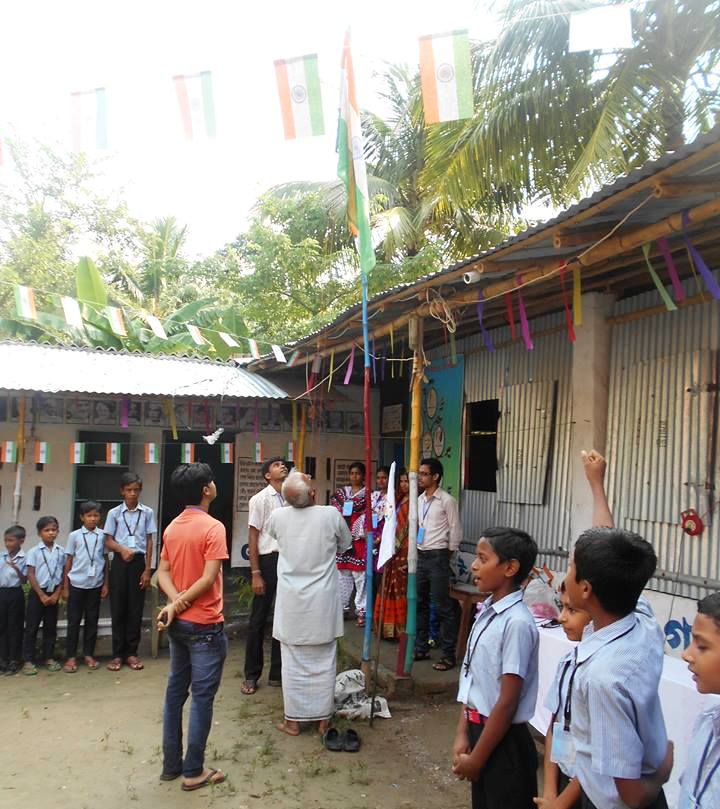
Another student, Sagar SK from Nadia, said, “My parents can’t read or write a single word and they are unable to pay afor my education. So, one of my uncles brought me here.” The local students have to pay about Rs 250 a month, and if they are unable to pay the amount, they are enrolled for free. As of now, about one-third of the monthly expenditures of the school comes from Saidul’s pocket while the fees paid by students takes care of the rest.
But Saidul and his dreams are far from over. “I want to turn this school into a Higher Secondary school. But as for now, we lack funds.” He added, “We are waiting for some people who are kind enough to help with funds so that we can turn this dream into a reality. Hopefully, some people or organisation will appreciate the work we are doing here and help us with funds so that we can grow,” he adds. He also said that he would run a free oldage home when he will be financially stable.
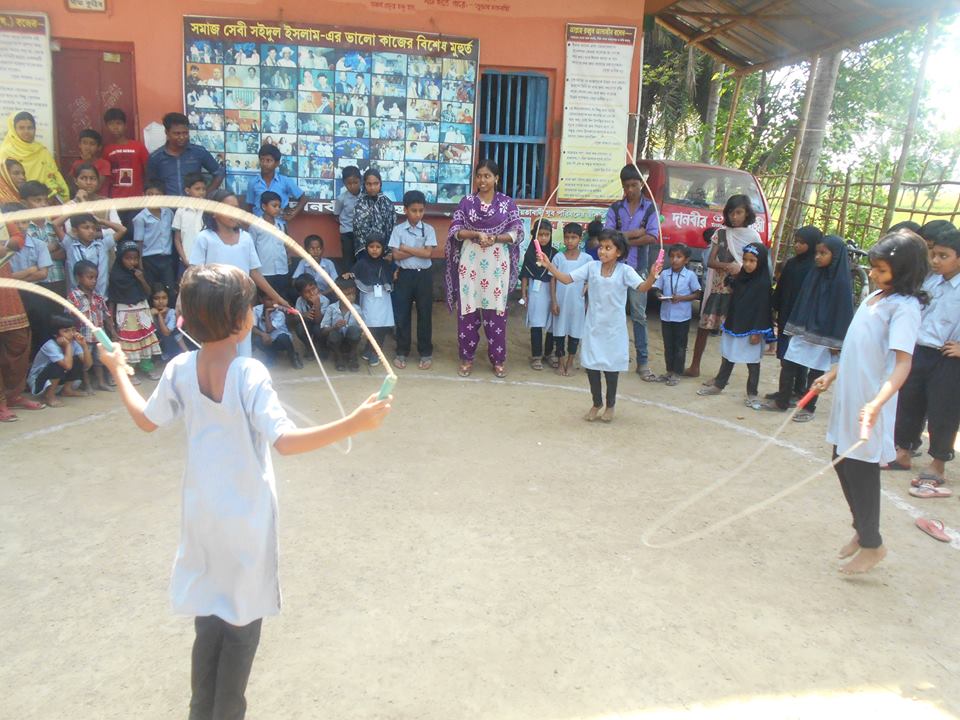
For people like Saidul, there is no limit to what good one can do for the society. The key, he says, is to have empathy for the society. The rest, as he has shown, can be achieved with a lot of love and labour.


